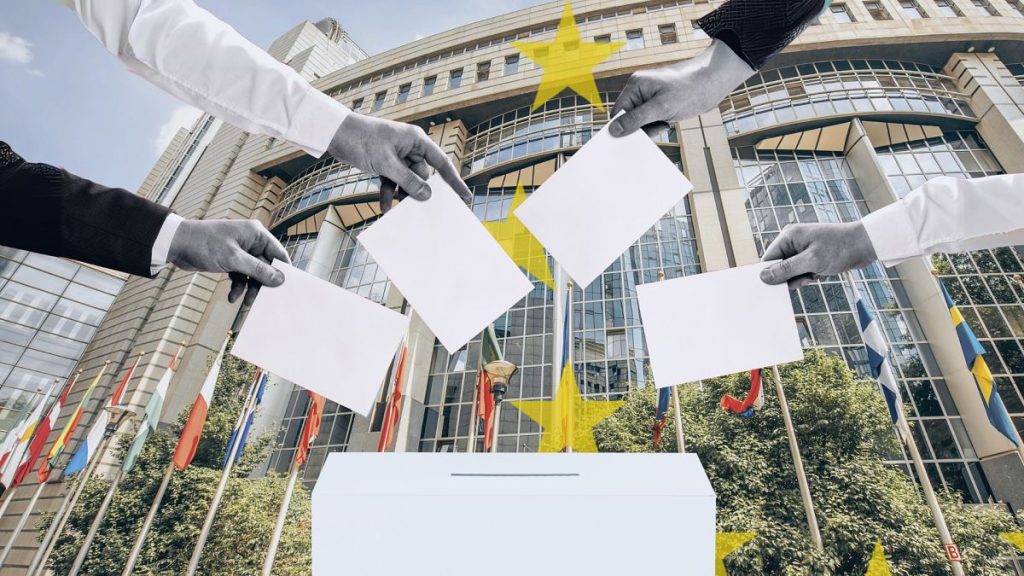The European Parliamentary elections are set to occur from June 6th to June 9th, 2024. The European Parliament is the only directly elected institution of the European Union, and the elections are held every five years, giving the 447 million citizens in the bloc’s 27 member states the chance to elect their representatives. The elections use a proportional representation system, with each member state being allocated a certain number of seats based on its population size. Some countries vote for parties with fixed lists of candidates, while others have more open lists where voters can choose specific candidates.
After the elections, the MEPs, or Members of the European Parliament, will serve a five-year term and split their time between meetings in Strasbourg and Brussels. MEPs from different countries and regions sit in transnational groups based on their political ideology, such as centre-right, socialists, greens, and eurosceptics. The largest political grouping after the elections has the strongest mandate to select the head of the commission. The European Council, consisting of representatives from EU countries, first votes on a nominee, taking into account the election results. If approved, the candidate must then garner the support of a majority of MEPs in the European Parliament.
The European Parliament has significant power in shaping EU legislation, policies, and budgets, representing the democratic voice of almost half a billion European citizens. Despite its importance, EU election turnout has been declining over the years, dropping from 62% recorded four decades ago. Some countries have compulsory voting, such as Belgium, Greece, and Bulgaria, but overall turnout has been low. In 2019, voter turnout increased slightly, with just over half of eligible voters participating in the elections.
It is important for European citizens to understand the electoral process and the role of the European Parliament in order to make informed decisions during the upcoming elections. By participating in the elections, citizens have the opportunity to choose representatives who will advocate for their interests and shape EU policies that affect their daily lives. With the European Parliament playing a crucial role in the legislative process and budgetary decisions, it is essential for citizens to engage in the democratic process and have their voices heard.
As the only directly elected institution of the European Union, the European Parliament serves as an important forum for debate and decision-making on issues that impact citizens across the EU. By electing representatives to the Parliament, citizens can influence the direction of EU policies and priorities, ensuring that their interests are represented at the European level. With the upcoming elections in 2024, it is crucial for citizens to understand the electoral process and participate in shaping the future of Europe through their votes.


